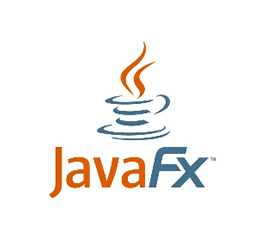
Oracle is making JavaFX available as a separate module in an effort to make it easier to adopt. JavaFX is the software platform for developing desktop Java apps. Currently it is a part of the JDK, and will continue to be supported as part of JDK 8 through 2022 at least, but starting with the release of JDK 11 it will be its own module.
The Java Platform Module System was put in place with the release of Java SE 9, leading the way to decouple JavaFX from the JDK and make it available as a separate module, Oracle says. Having it available as a separate module will provide freedom and flexibility with the framework for developers using it.
“Over the last decade, the JavaFX technology has found its niche where it enjoys the support of a passionate developer community. At the same time, the magnitude of opportunities for cross-platform toolkits such as JavaFX in the market place has been eroded by the rise of ‘mobile first’ and ‘web first’ applications,” the company wrote in a white paper.
According to Oracle, it will be working with third parties to make it easier to build and maintain JavaFX as a separate open-source module.
In addition, Oracle announced it would stop supporting Applets in Java SE 8 after March 2019. Originally, Applets allowed for more functionality through a browser plugin back when browser capabilities were limited. Web browsers have evolved significantly since then and over the last five years, many browsers have removed support for plugins such as Flash, Microsoft Silverlight, and Java. In January 2016, Oracle announced it would deprecate Applets in Java SE 9 and remove them completely from Java SE 11. Now, support will also be removed for them in Java SE 8.
Finally, it has announced that Java Web Start will not be included in Java 11 or future versions. Java Web Start is automatically launched whenever a Java application using it is downloaded for the first time or can be manually launched. However, in recent years vendors have pushed for applications to be delivered as bundles with integrated runtime sandboxes, conflicting with the notion of an application being distributed separately from a JRE, the company explained.
Oracle will support Java Web Start in Java 8 until March 2025 and products that have dependencies on Web Start will be supported on a timeline determined by those products. Oracle will be encouraging developers to transition away from Web Start and encouraging non-commercial users to remove non-supported JRE installations from their computers.






